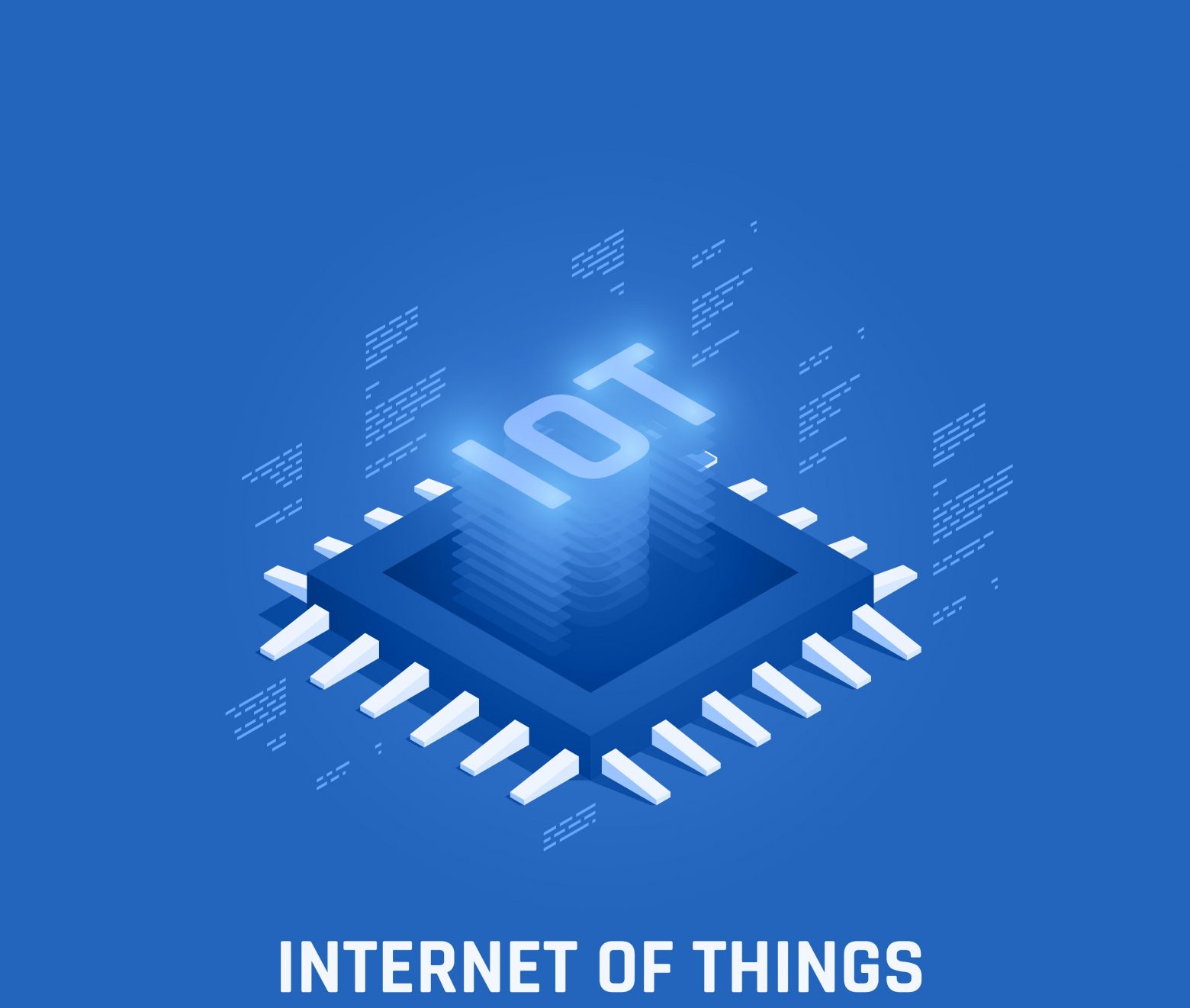Blockchains are a type of distributed database where no individual nodes control the network, and all the nodes in the network have access to the same information.
This result in a robust network where many nodes can be removed, destroyed, or corrupted without damaging the network. This article discusses where you can use blockchain technology.
Uses of blockchain
Bitcoin was the first known successful implementation of blockchain technology, but there are many different uses where blockchain technology can be used. Below we go through some of the most important use of blockchain in the world today.
Cryptocurrency and smart contracts
In cryptocurrency, blockchain is used to track who owns the associated values in a blockchain. Bitcoin limits to just one currency but has been followed by other projects, such as Ethereum, which uses the blockchain to run smart contracts as an additional function.
The difference between traditional and smart contracts is that smart contracts not only formalize an agreement but also automatically enforce the agreement.
Decentralized applications
The new features in Ethereum also introduced the ability to create decentralized apps. These apps are not stored in a specific location but distributed across the entire blockchain network. A major advantage of decentralized apps is that they cannot be censored and involve less downtime risk. You can find some examples of popular new decentralized apps here.
Decentralized Finance (DeFi)
DeFi builds on smart contracts and decentralized apps to offer decentralized versions of services similar to many of the products and services you find in the conventional financial industry. DeFi products today involve loans and financing, liquidity for decentralized crypto exchanges, investment products, and much more. You will find many popular DeFi products in this list at Coinmarketcap.
An important thing to note is that DeFi products usually do not involve guarantees or regulations from authorities that regulate the traditional financial industry.
Insurance and guarantees
Insurance and warranties are current fields for blockchain technology. With smart contracts, you can set clear criteria, and as long as you meet the criteria, payment of guarantees or insurance money will be paid out automatically. This reduces both time spent and costs spent on administration.
Value chains
Value chains are an excellent application for blockchain technology. When using blockchain in value chains, you can track raw materials, food, and other things, so that it is possible to prove the place of origin and other important information in the value chain without it being able to change. It is also possible, to a greater extent, to make it possible to track whether brands and the like are genuine.
Identity
Today, many people are outraged at how much time is wasted on KYC processes and identity verification. With blockchain, it is possible to identify yourself online faster and with much less privacy risk than with today’s centralized methods.
Securing election results
Election fraud has been a problem worldwide as long as we have had democracy. Lately, this has received a lot of focus in the recent US elections. Smart contracts and blockchain technology are promising technologies that can help make it harder to manipulate election results.
IoT
Lately, there has been a lot of talk about the poor security found in many IoT devices and the danger it poses to the user’s privacy. Blockchains can here, among other things, contribute to better security.
Decentralized archive and file storage
Most people today use centralized cloud-based file storage systems such as Google Drive, Dropbox, and AWS to some extent. These types of centralized file storage services are desirable targets for hackers. Today, more decentralized blockchain-based file storage services make it possible to reduce the risk of hacking significantly.
Property and copyright
NFTs are tokens that are all unique. Recently, NFTs have become popular as proof of ownership and art authentication, but there are also many other uses for NFTs. One of these is property management, where blockchains can help prevent fraud in purchasing and selling property, better secure property rights for owners, and streamline and simplify the process of buying and selling property.
Free social media
Social media censorship has been a big topic lately, but with the help of a decentralized blockchain, social media can be completely free of censorship. This is because a publication made on the blockchain cannot change in retrospect. Steemit is a well-known example of decentralized social media using blockchain technology.
Conclusion
The uses of blockchain technology are limitless and can virtually be applied to every aspect of our daily lives. One of the main reasons why people use information block technology apart from security is transparency. It protects your identity while showing every individual a glimpse of the transaction.


